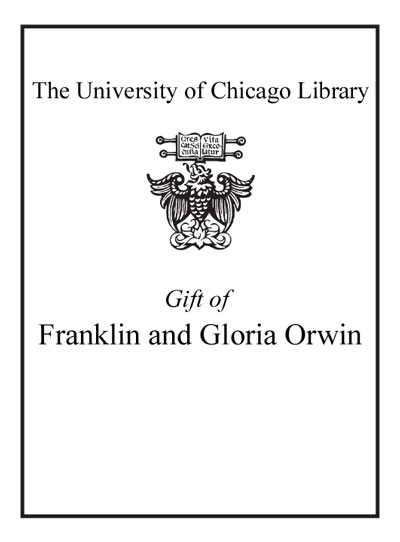Review by Choice Review
Some perennial topics continue to appeal, and our roots and the role of genetics in becoming what we are individually are among them. Marks (Univ. of North Carolina at Charlotte), highly qualified to write about genetics and evolution, rises to the task and explores some of the issues. He writes well, in a manner both authoritative and informative. In spite of his vast knowledge of human variation, in his discussion of race his strong liberal bias sometimes rolls over the fact that various human groups are the equivalents of regional population groups that, in other animals, zoologists designate taxonomically (nothing more or less). Such population or geographic appellations, of course, have no significance for "qualitative" comparison of individuals beyond their role for police blotters or survey statistics. He is absolutely right on target, however, when he debunks the notion that these geographical differences supposedly have something to do with the popular ideas of "higher" or "lower" on a mythical evolutionary ladder. This book is a wonderful antidote for anyone who, out of ignorance or deep-seated emotional prejudice, harbors some hidden racist notions about "other groups." Highly recommended. General readers; lower-division undergraduates through graduate students. F. S. Szalay CUNY Hunter College
Copyright American Library Association, used with permission.
Review by Booklist Review
Humans share about 98 percent of our genetic makeup with chimps, which would be impressive, biological anthropologist Marks says, if we could figure out what it means. We also share about half our genes with fish and about a third with daffodils, but almost no one argues that anything can be learned from fish and flowers about human behavior or that fish and flowers should have human rights. Both are advocated for chimps and the other great apes, from what, Marks demonstrates, are pretty spongy grounds, since we know hardly anything about how genes form bodies. We are also told that genes for homosexuality have been found, but, as Marks shows, the studies said to have found them aren't genetic studies, can't be replicated, are faultily grounded, and characteristically approach homosexuality as if it were a disease. Furthermore, scientists who should know better waste their time, our money, and lots of goodwill on research shaped by racialism and other forms of what Marks calls folk heredity, which may be culturally interesting but is scientifically worthless. Don't think, however, that Marks wants science segregated from culture, as his withering refutations of some of the most highly touted research of recent years might imply. He wants science to be humbler and more sociable, more connected to the rest of society. With plenty of entertaining sarcasm as well as scientific argument and moral indignation, Marks blasts the pretensions of grandiose geneticists pretty thoroughly out of the water. This may bethescience book to read this year. Ray Olson.
From Booklist, Copyright (c) American Library Association. Used with permission.
Review by Choice Review
Review by Booklist Review


